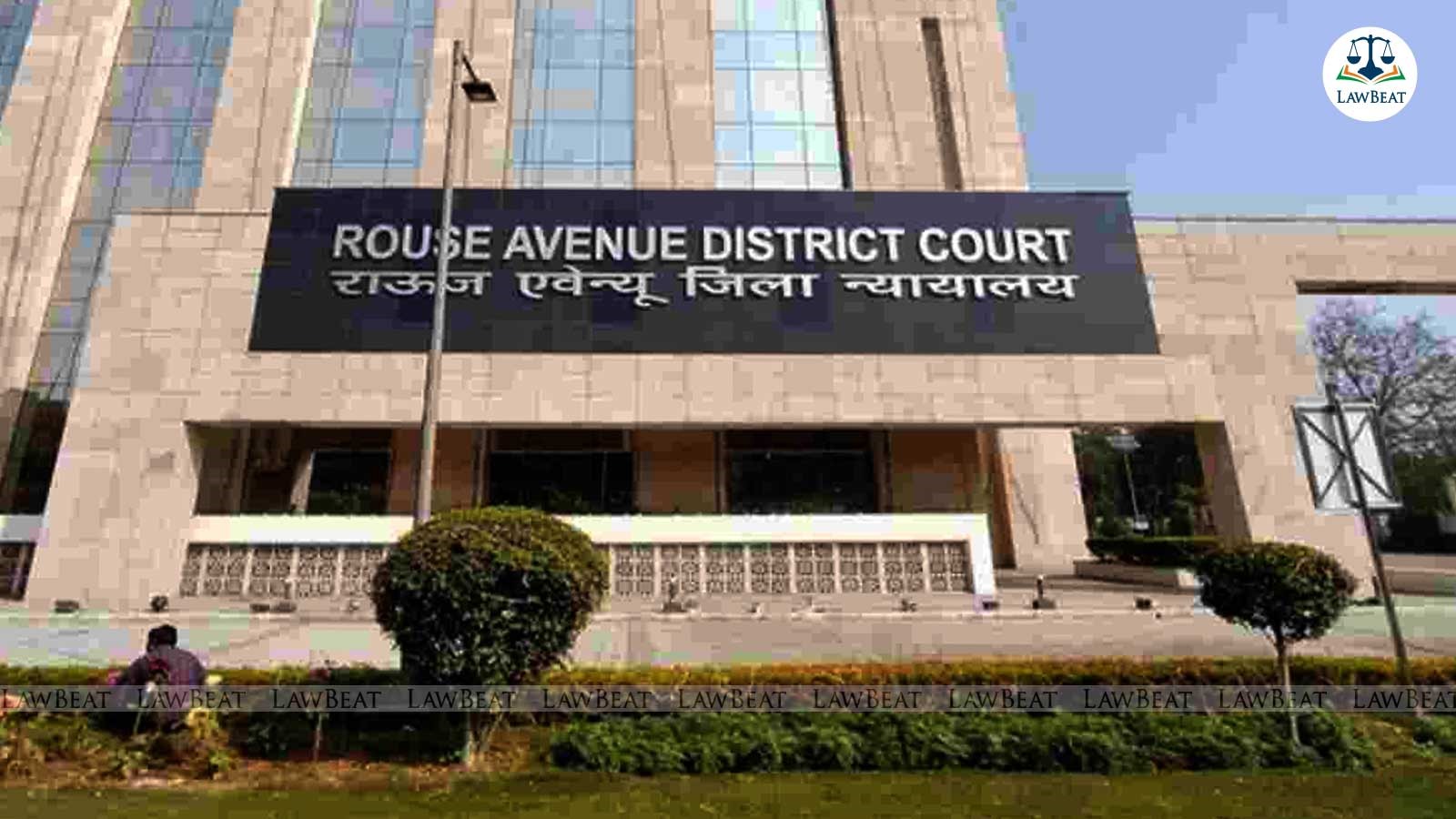‘Prosecution Failed To Establish Guilt Beyond Reasonable Doubt’: Delhi Court Acquits Ex-MLA Ranbir Singh Kharab and His Wife In Fraud Case

The appellate court noted that “A bare perusal of the receipt Ex.PW2/A would, however, reveal that contents of this document are entirely contradictory to the deposition of the prosecution witnesses”; the court also reiterated, “that documentary evidence must take precedence over the oral evidence”.
The Rouse Avenue Court, recently, acquitted former Member of the Legislative Assembly Ranbir Singh Kharab and his wife Anita Kharab in a fraud case. The prosecution alleged that Kharab deceived the public into investing in certain companies by promising high returns. However, it was contended that he had no intention of repaying the funds.
However, Special Judge Kaveri Baweja held, “It is apparent that the Prosecution has failed to bring home the guilt of the Appellants beyond the realm of reasonable doubt”.
An appeal was filed challenging the conviction and sentencing orders passed by the trial court under Section 420 read with 120-B of the Indian Penal Code, 1860 (IPC). Subsequently, Ranbir Singh Kharab and Anita Kharab were sentenced to seven years of rigorous imprisonment and fined Rs. 22 lakhs.
The prosecution argued that the said company closed down after failing to return the money, with threats issued to those demanding refunds. Anita Kharab, a company director, and other accused, including Satprakash and alleged mastermind Ranbir Singh Kharab, induced investments from various individuals through false assurances.
Charges were filed on November 11, 2009, against the appellants under multiple IPC sections. While 65 prosecution witnesses testified, the defense presented seven witnesses. The trial court ultimately determined that the evidence, particularly from six key victims and supporting documents, sufficiently proved the appellants' involvement in the offenses.
The appellants contended that the assessment of evidence was not done properly. It was further asserted that there were major inconsistencies between the testimonies of Witnesses no 2 and 29. Therefore, the trial court should not have relied on the testimony of these two witnesses given their conflicting statements.
It was also contended that the trial court mechanically assessed the case, highlighting that the prosecution failed to establish a money trail for Rs. 1.78 crores.
Additional Public Prosecutor for the State, however, argued that the witnesses had unequivocally testified against the appellants, and their testimony, supported by documentary evidence, proved the appellants' guilt beyond a reasonable doubt.
The appellate court reiterated that t documentary evidence takes precedence over oral testimony, and the relevant document, specifically receipt Ex.PW2/A, clearly indicated that the amount of Rs. 23 Lakhs was taken as a loan by the accused, Anita Kharab, from PW2 during 2001-2002 for business purposes.
The court further noted that PW2, Pravin Kumar, testified that his father, PW3 Ranbir Singh Dahiya, had written the receipt's contents at the request of Anita Kharab, who then signed it. However, PW3 did not mention in his testimony that he wrote or that Anita signed Ex.PW2/A, although he did discuss a different receipt, Ex.X-1.
Furthermore, the court observed that the prosecution witness failed to explain why the receipt used the term "loan" for the amount taken by Anita Kharab from PW2 when the complainants alleged it was an "investment." According to the chargesheet, Pravin Kumar's statement under Section 161 Cr.P.C. asserted that the sum was invested in a finance company rather than lent, but PW2 did not confirm this during his court testimony. The prosecution neither cross-examined PW2 on the term "loan" nor clarified the issue through the testimonies of PW2 or PW3.
The record showed that since the prosecution's own document, Ex.PW2/A, referred to the Rs. 23 Lakhs as a loan, their claim that the amount was given due to inducement or an intention to cheat was unsubstantiated. The fact that the signatures matched on Ex.PW2/A did not demonstrate that the money was provided as a result of any inducement or offense under Section 420 r/w 120B IPC, especially given the inconsistencies between oral and documentary evidence.
PW3, father of PW2 and brother of Anita stated he provided Rs. 22 Lakhs for investment between 2002-2003, but admitted he had no documentation to substantiate withdrawals from his or his wife's accounts. He also mentioned keeping a diary of payments, which was not produced during the trial. Moreover, he admitted the investments were not reflected in his income tax returns.
The court noted that the prosecution’s own case acknowledged that the accused were directors of M/s Jyoti Fair Finance Company, yet the company and other directors were not included in the criminal proceedings.
Given the contradictions in evidence, the court held that the prosecution failed to establish the guilt of the appellants beyond a reasonable doubt. Consequently, the court allowed the appeal and overturned the conviction order.
Case Title: Ranbir Singh Kharab v State (Crl. Appeal No. 02/2024)
